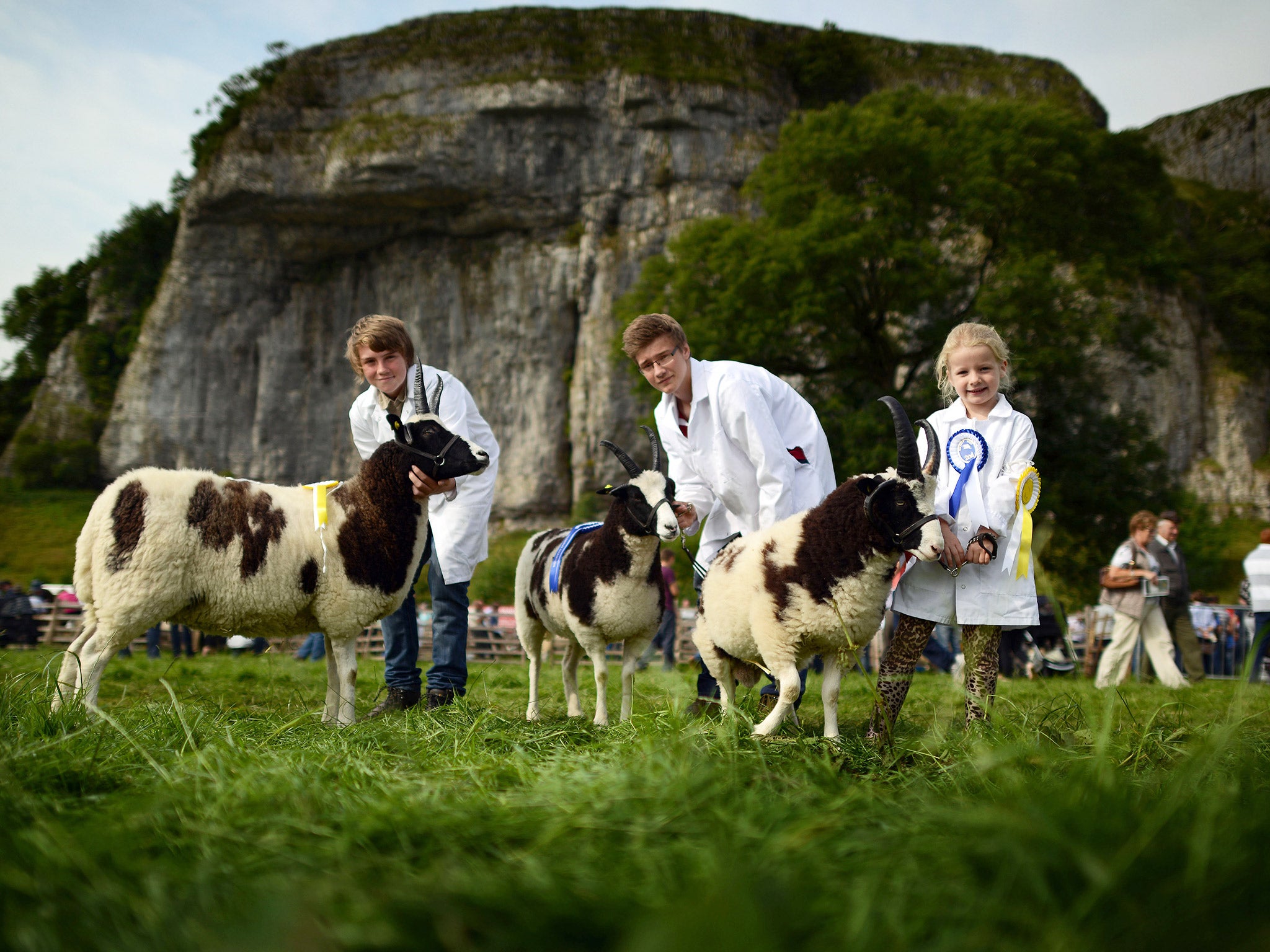Nature more important for social cohesion 'than age, gender, education and income combined'
The research also finds a link between nature and crime reduction

Most of us know that a healthy dose of nature makes us feel better. Now new research finds that people from communities surrounded by green space, trees and animals are more likely to look out for each other as well.
Researchers found that when it comes to “social cohesion” nature is much more important than age, gender, education and income combined – while the prevalence of accessible green space or farmland in a neighbourhood also helps bring down the level of crime.
They argue that because people have an innate affiliation to other living organisms they feel increasing connected to their environment as the presence of nature grows. This, in turn, makes them feel more rooted to their communities, increasing social cohesion.
The researchers, led by Dr Netta Weinstein of Cardiff University, found that nature makes up 8 per cent of a measure to determine a community’s social cohesion, making it one of the most important contributors.
“This is a striking finding given that individual predictors such as income, gender, age and education together accounted for only 3 per cent. It appears that the role of natural spaces was robust in comparison with other constructs we would expect would influence people’s experiences in society,” said Dr Weinstein, of Cardiff University.
The research also finds a link between nature and crime reduction. It determines that the presence of fields and other green space is so powerful that it almost reverses the impact of social and economic deprivation.
This report has interesting implications for those who plan developments and govern communities, said the researchers, who argue that society would benefit from an increase of green space in new developments.
The study is published in the journal BioScience.
Subscribe to Independent Premium to bookmark this article
Want to bookmark your favourite articles and stories to read or reference later? Start your Independent Premium subscription today.

Join our commenting forum
Join thought-provoking conversations, follow other Independent readers and see their replies